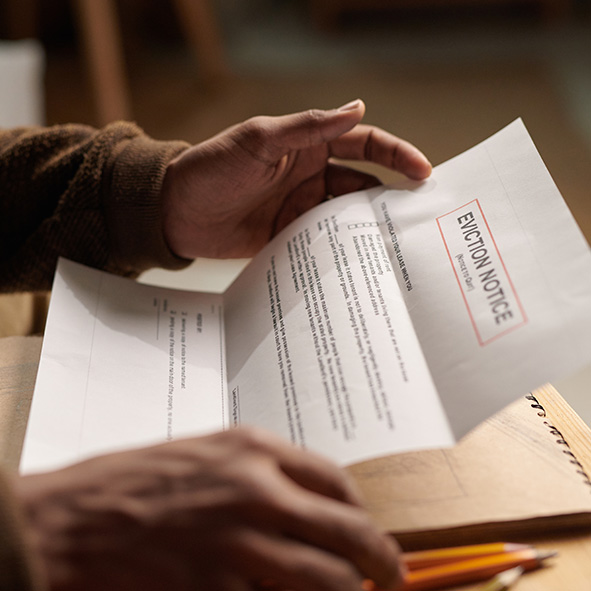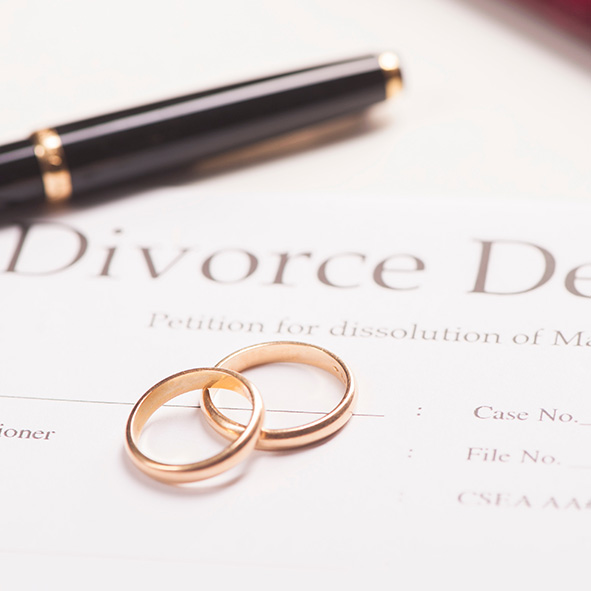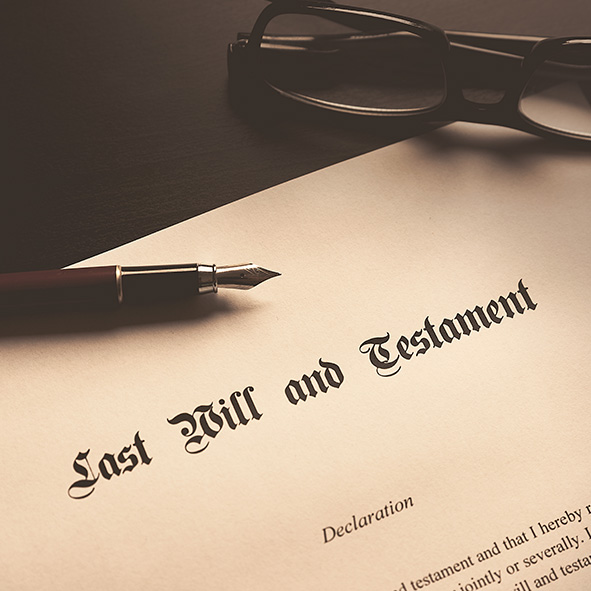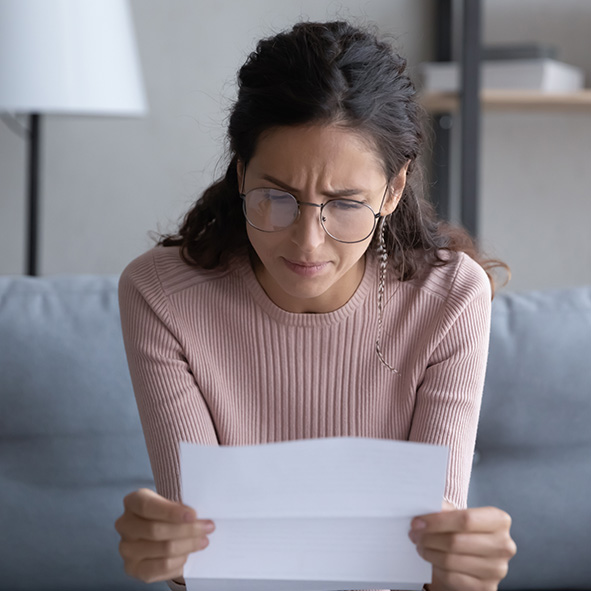What is a Predatory Marriage?
A member of our team recently attended a Vulnerability Conference and heard Daphne Franks telling her story about her wonderful mother Joan, who sadly passed away in March 2016. In short, Daphne’s mother Joan had severe vascular dementia and only when her mother passed away, did Daphne and her family discover that she was in […]





















